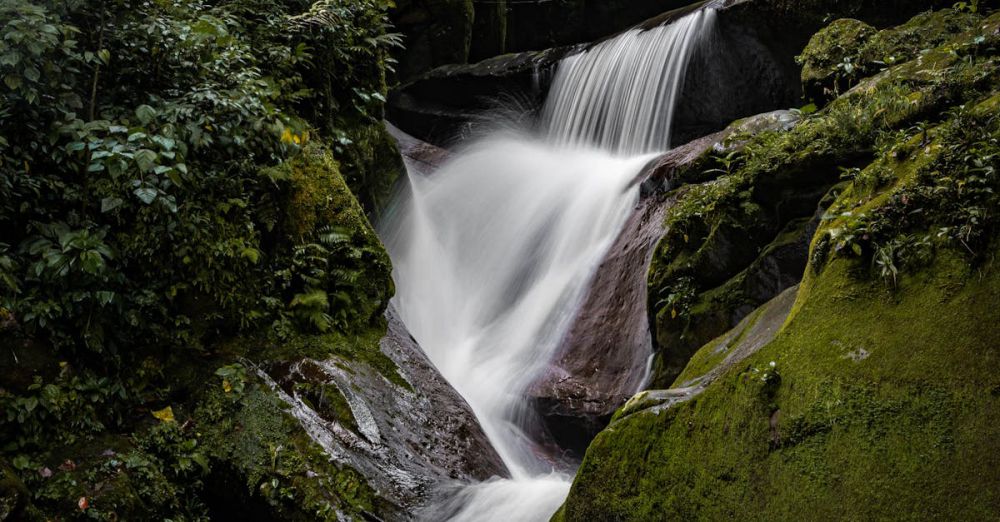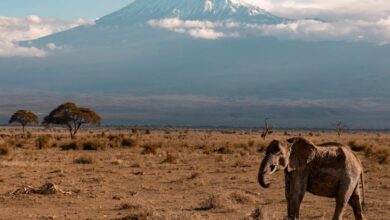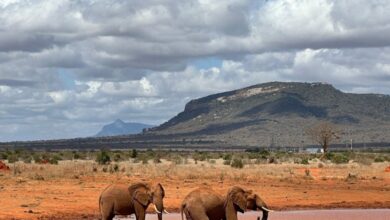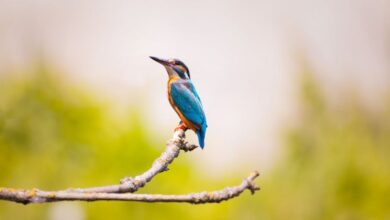What Are the Best Wildlife Safaris for Eco-tourism
Eco-tourism has gained traction as a responsible way to explore the wonders of nature while promoting conservation and local communities. Wildlife safaris offer an immersive experience, allowing travelers to witness breathtaking wildlife in their natural habitats. However, not all safaris are created equal. The best eco-friendly wildlife safaris prioritize sustainability, conservation, and the well-being of local ecosystems. Here are some of the premier destinations for eco-tourism enthusiasts looking to embark on a wildlife safari.
Kenya: The Maasai Mara Experience
Kenya’s Maasai Mara National Reserve is a jewel in the crown of wildlife safaris. Renowned for the Great Migration, where millions of wildebeest traverse the plains, this reserve also hosts an array of wildlife, including lions, elephants, and cheetahs. Eco-tourism initiatives in the region focus on community involvement and sustainable practices. Many lodges are built with eco-friendly materials and operate with solar energy, minimizing their carbon footprint.
Visitors can participate in community-based tourism, where local Maasai tribes share their culture and traditions. This creates a symbiotic relationship between tourism and conservation, ensuring that both wildlife and local livelihoods thrive.
Tanzania: The Serengeti and Beyond
Tanzania’s Serengeti National Park is synonymous with classic wildlife safaris. The park is part of a larger ecosystem that includes the Ngorongoro Crater and Tarangire National Park. These areas are teeming with wildlife and offer incredible opportunities for eco-tourism.
Sustainable safari operators in Tanzania emphasize low-impact travel, such as mobile camping safaris that leave minimal traces on the environment. Travelers can enjoy guided walking safaris, allowing for a more intimate experience with the flora and fauna. Additionally, many lodges and camps are designed with eco-conscious practices, such as water conservation and waste recycling.
Botswana: The Okavango Delta Adventure
Botswana stands out for its commitment to conservation, with a significant portion of its land designated as national parks and reserves. The Okavango Delta, a UNESCO World Heritage site, is a unique ecosystem that supports rich biodiversity. Exploring this intricate network of waterways and islands provides a one-of-a-kind experience for eco-tourists.
Many operators in Botswana offer eco-friendly safaris, including mokoro (traditional canoe) excursions, which create minimal disturbance to wildlife. Camps in the delta often focus on sustainability, using solar power and employing local staff to ensure that communities benefit directly from tourism. The emphasis on low-impact travel allows for an authentic connection to the surrounding environment.
South Africa: Kruger National Park and Beyond
South Africa is home to some of the most well-known wildlife reserves, including Kruger National Park. The park is a prime destination for eco-tourism, with various lodges committed to conservation efforts. Many of these lodges follow sustainable practices, such as reducing plastic usage and supporting local conservation projects.
In addition to traditional game drives, eco-conscious travelers can partake in volunteer programs that focus on wildlife preservation. This hands-on approach not only enriches the travel experience but also aids in the protection of endangered species and their habitats.
Namibia: The Beauty of the Namib Desert
Namibia offers a different kind of safari experience, where the stark beauty of the Namib Desert and unique wildlife coalesce. Etosha National Park is a highlight, famous for its salt pans and diverse animals like elephants, rhinos, and lions. Eco-tourism in Namibia emphasizes sustainable practices, including wildlife conservation and community engagement.
Namibia is known for its innovative conservation models, such as communal conservancies that empower local communities to manage resources sustainably. Visitors can engage in eco-friendly safari options, including guided hikes and night drives, enhancing their understanding of this extraordinary ecosystem.
A Lasting Impact: Eco-Tourism’s Promise
Eco-tourism through wildlife safaris not only provides unforgettable experiences but also plays a vital role in conservation efforts. By choosing eco-friendly options, travelers contribute to the protection of wildlife and the promotion of sustainable practices. The best wildlife safaris offer more than just a glimpse of nature; they foster a deeper appreciation for our planet and the urgent need to preserve its wonders for future generations. Embracing eco-tourism allows us to explore the beauty of wildlife while ensuring that these natural treasures endure.







